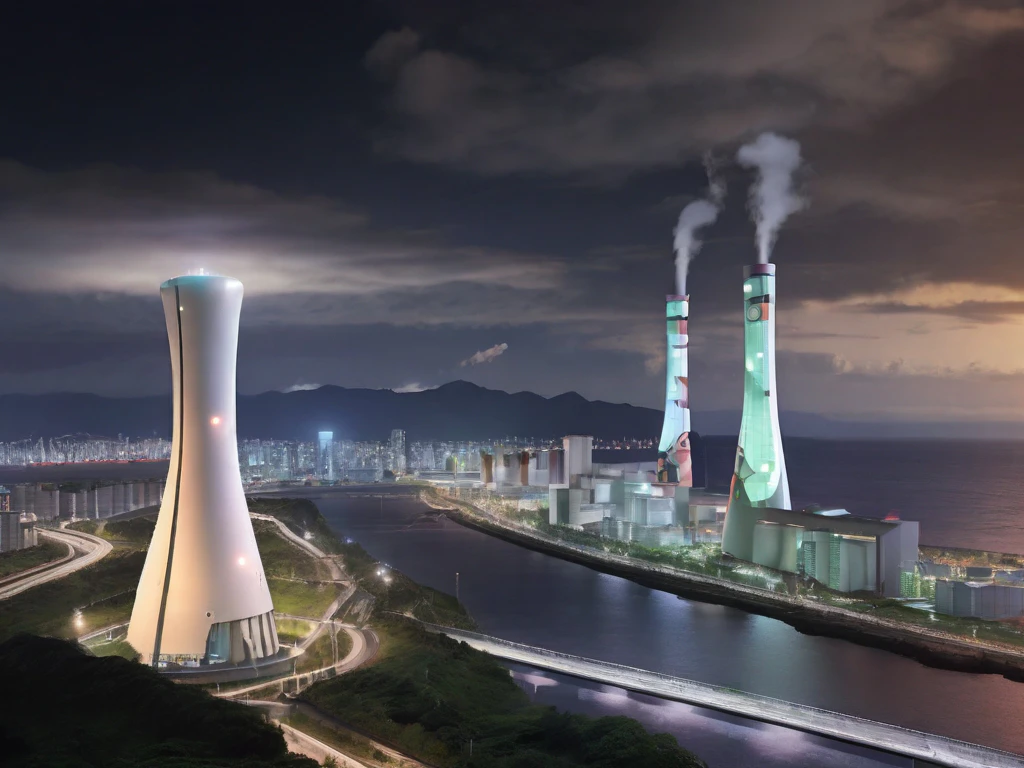Taiwan faces escalating energy demands driven by AI and clean technology, yet it relies on imports for 97.7% of its energy, predominantly fossil fuels. Despite this, the government seems unaware of the pressing need to address this challenge head-on.
The role of nuclear energy
In the face of these challenges, nuclear energy emerges as a crucial component in securing Taiwan’s technological future and autonomy. While there’s no indication of the government’s acknowledgment of this, the global race for technological supremacy underscores the importance of nuclear power in Taiwan’s AI aspirations.
AI data centers demand vast amounts of power, requiring exceptionally stable and reliable electricity. The need for “five nines” electricity, with 99.999% uptime, is paramount. This stability is essential for the uninterrupted operation of AI data centers, making nuclear energy an attractive option due to its reliability.
The case for nuclear-powered data centers
Recent developments in the United States illustrate the viability of nuclear-powered data centers. Amazon Web Services, for instance, invested $650 million in a 960-megawatt data center powered entirely by nuclear energy. This move underscores the attractiveness of nuclear power for meeting the rigorous demands of data centers beyond its low-carbon credentials.
Taiwan’s central geographical location positions it ideally as a hub for AI data centers serving the Asian region. However, realizing this potential hinges on ensuring a stable, abundant power supply—a prerequisite that nuclear energy can fulfill.
Seizing the opportunity
Fortunately, it’s not too late for Taiwan to embrace nuclear energy. With the possibility of bringing all six of Taiwan’s complete atomic reactors back online relatively easily, there’s an opportunity to extend their lifespan by another forty years or more. This, coupled with the emergence of Small Modular Reactors (SMRs), presents a promising avenue for meeting the power needs of data centers.
To capitalize on this opportunity, Taiwan must act swiftly. Planning and permitting processes for the deployment of SMRs need to commence promptly. Updating the legal framework to accommodate the co-location of SMRs with power-intensive facilities like chip fabs and data centers is imperative. Moreover, public education on the benefits of nuclear power is essential to garner support for these initiatives.
Nuclear energy holds the key to Taiwan’s AI future. By recognizing its pivotal role in meeting the power demands of AI data centers, Taiwan can position itself as a regional AI hub. However, this requires proactive measures, including the revival of existing nuclear reactors and the adoption of SMRs. With the right strategy in place, Taiwan can secure its technological future and enhance its autonomy on the global stage.




